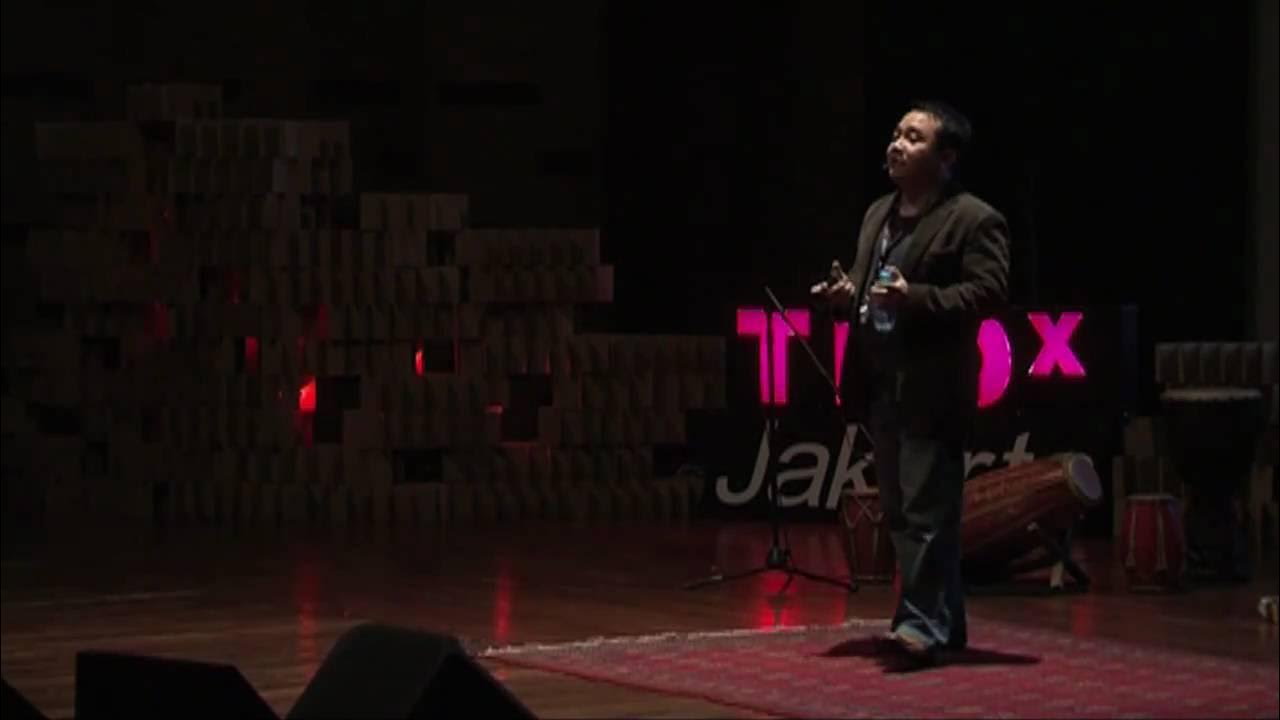Simon Sinek: CHANGE YOUR FUTURE - Life Changing Motivational Speech
Summary
TLDRThe speaker shares five life lessons to help the audience find purpose and happiness. First, pursue your goals persistently. Next, hold yourself accountable. Then, help others succeed. Also, listen before speaking to fully understand diverse perspectives. Finally, remain humble despite status and wealth, always appreciating simple gifts in life.
Takeaways
- 😃 Go after what you want in life directly, don't wait around
- 🧠 Take accountability for your actions, don't just take the credit
- ❤️ Take care of others, help those around you to advance together
- 🎓 Listen first before speaking your opinion, to understand all perspectives
- 😊 Deserve only the basics, be humble and grateful as you gain status
- 👀 See opportunities, not obstacles, on your path to goals
- 🤝 Ask others for help when you need it to succeed
- 😌 Break rules if needed to achieve goals, but don't limit others
- 😡 Sometimes you are the problem, be willing to change
- 🌟 Find ways to help others be successful too on your journey
Q & A
What is the first rule the speaker talks about regarding going after what you want?
-The first rule is that you should go after the things you want in life without waiting around or doing things the way everybody else does. The speaker gives the example of skipping the long line for bagels by just reaching in and grabbing some rather than waiting.
What does the speaker say is an important lesson to learn from the doctors spreading puerperal fever?
-The speaker says an important lesson is that sometimes you are the problem. He relates this to the doctors not realizing they were spreading puerperal fever since they didn't wash their hands. The lesson is to take accountability for your actions.
How does the Navy SEAL describe the kind of people who make it through SEAL training?
-He says that those who make it through are often physically and emotionally spent, but somehow find the energy to keep going by helping the person next to them. The most important trait is the ability to help others around you.
What does the speaker say about why Nelson Mandela was regarded as a great leader?
-The speaker highlights two things Mandela learned from his father at tribal meetings - first, the elders always sat in a circle, and second, Mandela's father was always the last to speak at the meetings. This taught Mandela the importance of listening and being the last to render your opinion.
What is the lesson from the undersecretary's story about the different coffee cups?
-The lesson is that the fine ceramic coffee cup was meant for the prestigious position he held before as undersecretary, not for him personally. Now that he no longer holds that position, he deserves a simple styrofoam cup. Positions and perks are temporary.
What is the first rule the speaker gave about going after what you want in life?
-The first rule is that you should go after what you want without waiting around or doing things the way everybody else does. He used the example of skipping the long line for bagels and just reaching in to grab some.
How did washing hands help stop the spread of puerperal fever?
-Doctors were not washing their hands after performing autopsies before delivering babies. Washing hands and sterilizing instruments helped stop the spread of germs that were causing puerperal fever.
What is one key trait Navy SEALs need to have according to the speaker?
-The key trait SEALs need is the ability to help others around them. The speaker says that those who make it through SEAL training are those who can dig deep to help their comrades next to them when physically and emotionally spent.
How did Nelson Mandela's father lead tribal meetings?
-Mandela said his father always had the elders sit in a circle, giving them equal standing. Also, his father was always the last to speak, listening to everyone before giving his opinion.
What was the lesson from the undersecretary's story?
-The lesson was that the comfortable perks and treatment he received as undersecretary were for his prestigious position, not for him personally. Now in a lesser position, he deserves only simple accommodations like a styrofoam cup.
Outlines

This section is available to paid users only. Please upgrade to access this part.
Upgrade NowMindmap

This section is available to paid users only. Please upgrade to access this part.
Upgrade NowKeywords

This section is available to paid users only. Please upgrade to access this part.
Upgrade NowHighlights

This section is available to paid users only. Please upgrade to access this part.
Upgrade NowTranscripts

This section is available to paid users only. Please upgrade to access this part.
Upgrade NowBrowse More Related Video

How to know your life purpose in 5 minutes | Adam Leipzig | TEDxMalibu

TEDxJakarta - Rene Suhardono - Passion, Purpose, Value

Em Busca do Propósito | Carla Furtado | TEDxDanteAlighieriSchool

ถ้าคุณรู้สึกหลงทาง สับสน กังวล นี่คือชีวิตผมเกือบ 30 ปี เจอทางออกอย่างไร? | The GrowthLabEP.52

Apa Jadinya Manusia Tanpa Tujuan Hidup?

Kultum Subuh SMAN 1 Ngawi #kultumramadhan
5.0 / 5 (0 votes)